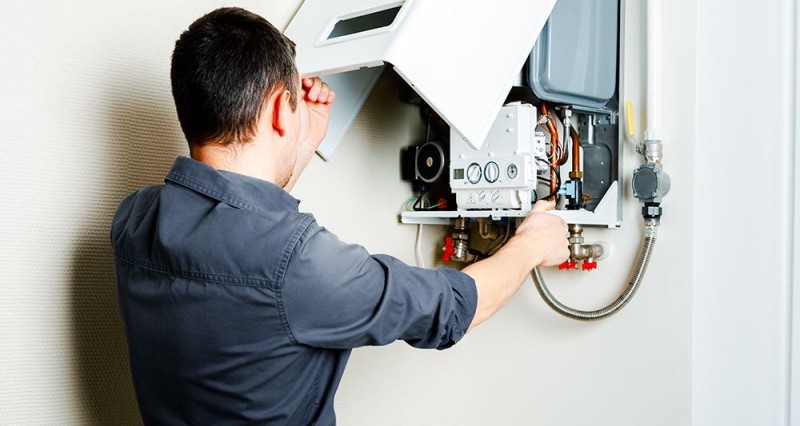Introduction: Boilers serve as the heart of many industrial processes and are indispensable for heating systems in commercial and residential buildings. However, like any mechanical system, boilers require regular maintenance to operate efficiently and safely. Neglecting boiler maintenance can lead to a myriad of problems, ranging from decreased efficiency to catastrophic failures with potentially severe consequences. This article explores the importance of boiler maintenance in preserving efficiency, ensuring safety, and extending the lifespan of these vital heating systems.
Ensuring Efficiency:
Boiler efficiency directly impacts operational costs and environmental sustainability. Regular maintenance helps optimize boiler performance, ensuring it operates at peak efficiency levels. Over time, boilers can accumulate deposits such as scale, corrosion, and sediment, which impede heat transfer and increase fuel consumption. Routine maintenance tasks, including cleaning, inspection, and tuning, help mitigate these issues, promoting efficient operation and reducing energy waste. By maintaining optimal efficiency, businesses and homeowners can lower utility bills and reduce their carbon footprint, contributing to sustainability efforts.
Preventing Costly Repairs:
Ignoring boiler maintenance can result in costly repairs and downtime. Small issues, if left unaddressed, can escalate into major problems, leading to system failures and extensive damage. Regular inspections by qualified technicians allow for early detection of potential issues, such as leaks, faulty components, and deteriorating seals. Prompt repairs and preventive measures can prevent minor problems from snowballing into expensive repairs or replacements. Investing in preventive maintenance programs can ultimately save money by avoiding emergency repairs and prolonging the lifespan of the boiler.
Ensuring Safety:
Safety is paramount when it comes to boiler operation. Neglected boilers pose significant risks, including carbon monoxide leaks, explosions, and fires. Routine maintenance helps identify safety hazards and ensures compliance with regulatory standards. Technicians check for gas leaks, inspect pressure valves, and test safety controls to prevent accidents. Additionally, cleaning and inspecting combustion chambers reduce the risk of soot buildup and potential fires. By prioritizing safety through regular maintenance, businesses and homeowners safeguard lives and property, fostering a secure environment for occupants and workers.
Extending Lifespan:
Boilers represent a substantial investment, and maximizing their lifespan is crucial for optimal return on investment. Regular maintenance is key to prolonging the operational life of boilers. By addressing wear and tear, replacing worn-out components, and implementing preventive measures, maintenance extends the lifespan of the boiler system. Proactive maintenance not only prevents premature failures but also preserves the integrity of the equipment, ensuring reliable performance for years to come. Ultimately, investing in routine maintenance yields long-term benefits by delaying the need for costly replacements and upgrades.
Conclusion: Boiler maintenance is not merely a routine task but a critical aspect of ensuring efficiency, safety, and longevity. By investing in regular maintenance programs, businesses and homeowners can optimize boiler performance, prevent costly repairs, mitigate safety risks, and extend the lifespan of these essential heating systems. Prioritizing maintenance not only saves money and resources but also promotes sustainability and creates a safe environment for occupants. In a world where energy efficiency and safety are paramount, proactive boiler maintenance is an indispensable practice.

